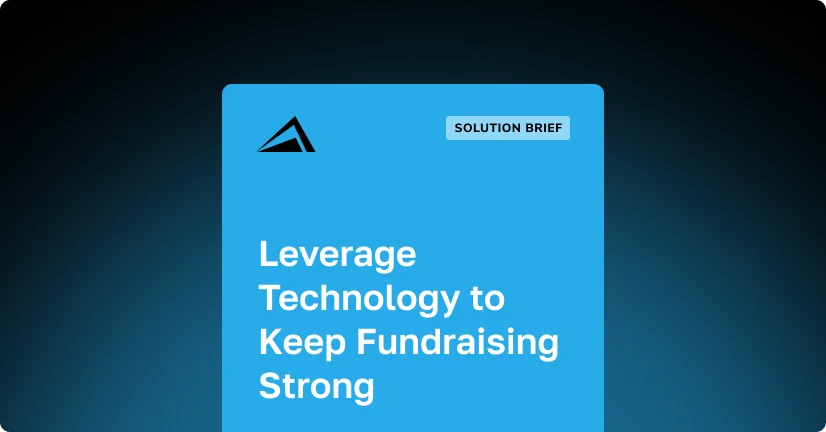A data strategy is no longer reserved solely for the tech industry. Without one, PE/VC firms lose out on improved outcomes and enhancements in everything from deal origination to value creation. However, if you’ve never implemented a data strategy, the process to do so can feel a bit overwhelming.
While data strategies for VC/PE deal funnels have been a “nice to have” in the past, they’re quickly becoming the standard for firms looking to level up their strategies and processes. So how can your firm implement a data strategy guaranteed to get you ahead? Read on to learn how.
Leveraging Alternative Data
To differentiate your firm and reap broader returns, start by differentiating your data and technology approach, beginning by leveraging alternative data.
Alternative data, put simply, is non-traditional data that can be used throughout the investment process. This includes data from social media, consumer transactions, web traffic; data that is typically not readily available internally to a firm from traditional sources like Bloomberg or FactSet. By leveraging alternative data sources, firms can identify deals earlier in the sourcing process and single out the best investment opportunities for their firm that much faster.
Implementing a Data Strategy
To begin seeing the benefits of incorporating alternative data sources into your firm’s process, you need to set a strong data strategy, and that starts with appointing a lead to manage it. This doesn’t necessarily mean you need to head to the job boards to find a new data scientist to head up your firm’s initiatives. In the early stages, you’ll be better off appointing a senior analyst who is familiar with your firm’s processes and current data sources to help develop a maintainable strategy.
It will be up to this data strategy lead to allocate a budget, audit existing data sourcing processes, and identify the best starting points for your firm to begin sourcing, and leveraging, alternative data. This can range from due diligence, deal sourcing, or post-deal monitoring. Wherever you choose to start, focus on building out a core strategy for each phase before furthering development in other areas.
Measuring and Reporting on Your Data Strategy’s Success
Without a proper reporting system in place, your firm will be left in the dark as to whether or not your new strategy is effective. How you measure and report on your strategy’s success can differ based on your industry and unique firm goals. A few starting questions to consider include “how many datasets should we evaluate?;” what stages of the investment process should we target?;” and “how many investment decisions should incorporate alternative data?”
Once the core key performance indicators (KPIs) are in place, firms need a robust software solution to pull data from multiple sources into one centralized system that can run automated reports and produce visual dashboards. These resources arm key stakeholders with powerful insights on everything from portfolio monitoring to due diligence. Plus, this knowledge empowers PE/VCs to focus more on strategic initiatives and adding value and less on piecing together data and compiling manual reports.
In fact, after implementing Altvia’s data-driven software, the team at Crosslink Capital has been able to leverage multiple data points to fuel their firm’s success. They are now easily able to determine where their fundraising efforts have been most successful and what types of investors are most likely to invest with them, giving them more time to focus on what moves the needle.
Improve Outcomes Throughout the Funnel
With a strong data strategy, firms can leverage the information they receive to improve performance and outcomes throughout every funnel stage. Firms can combine alternative and internal data to find better deals by continually monitoring the industry and emerging trends to identify patterns and target new investment opportunities. When it comes to adding value, this same data can unveil new opportunities and boost value for current portfolio members.
During the due diligence stage, firms can fuel their process and gain a competitive edge by leveraging big data to enhance their decision-making. Along with deeper insight into customer behaviors, firms can more easily determine the level of brand awareness and competitive positioning of an LP, while getting answers to key questions like “how effective is the marketing strategy,” and “is the growth sustainable?”
Arm Your Firm with an Effective Data-Driven Strategy
It’s important to remember that while data can improve outcomes and firm performance, it still requires a human touch to effectively execute the strategy and make decisions based on the data’s information.
To help your team make the most of your new data strategy, the key is ensuring all of that data is in a centralized platform that can serve as your firm’s single source of truth. To set up a centralized place for all data sources to live, get started by contacting someone from our team.




